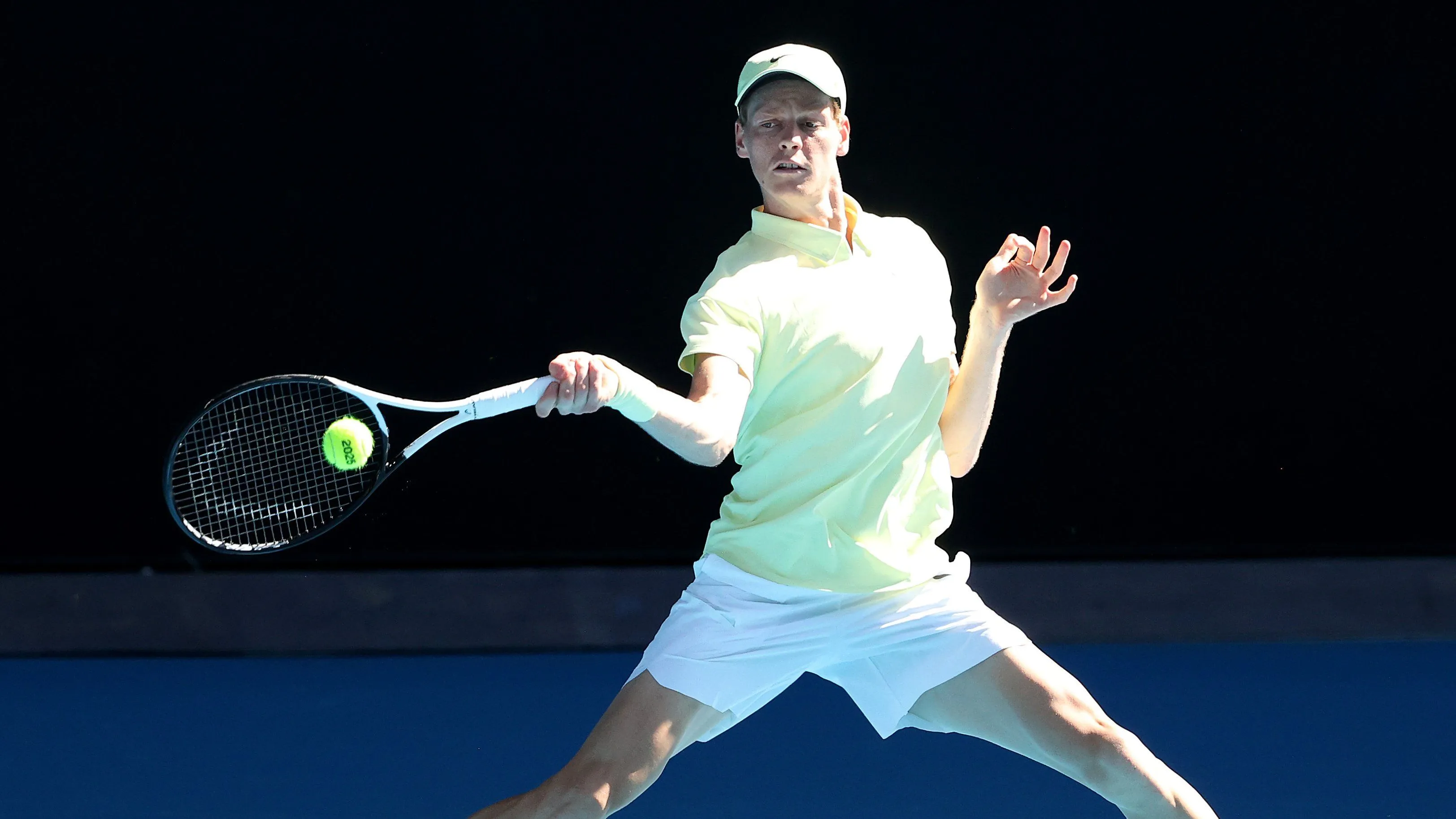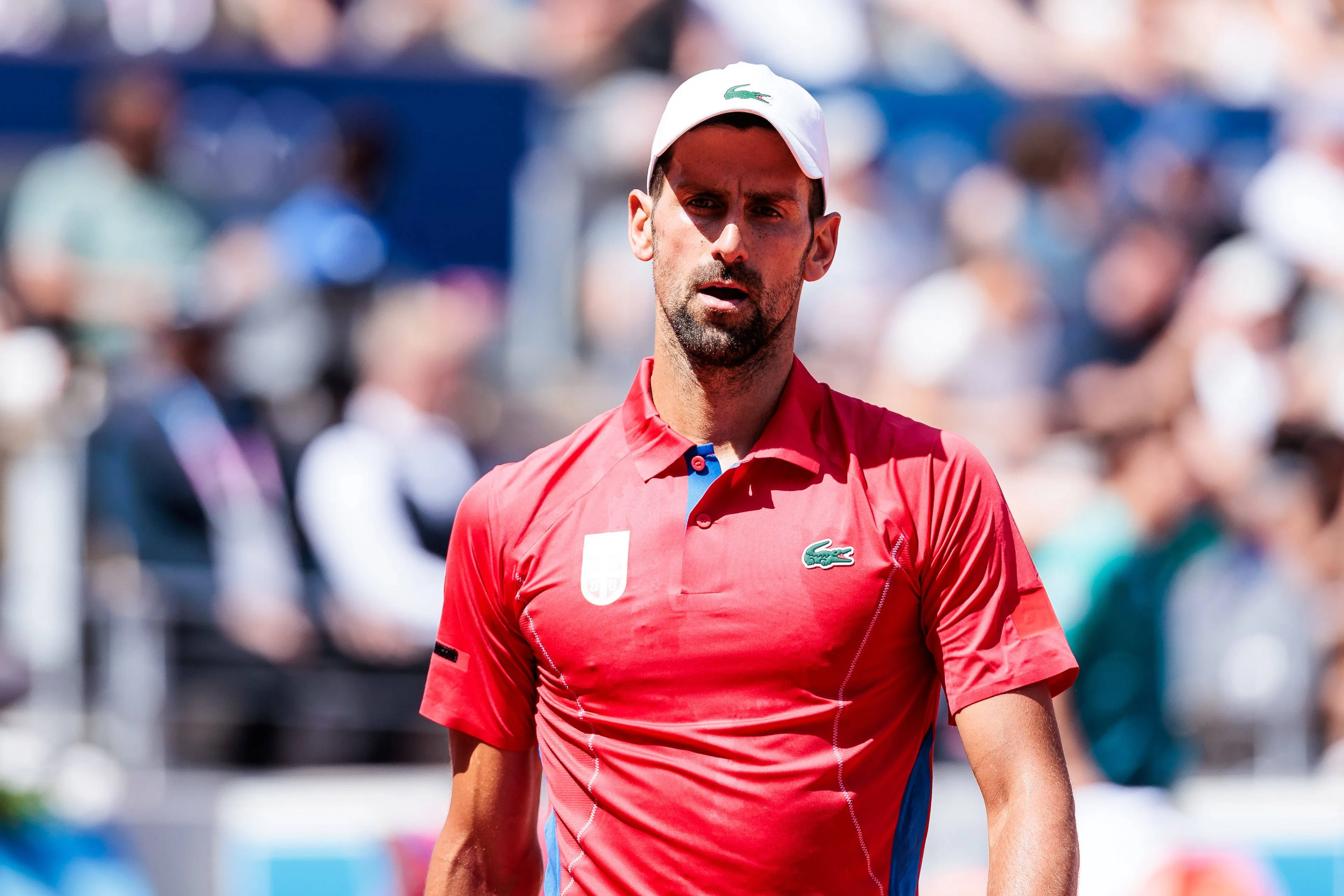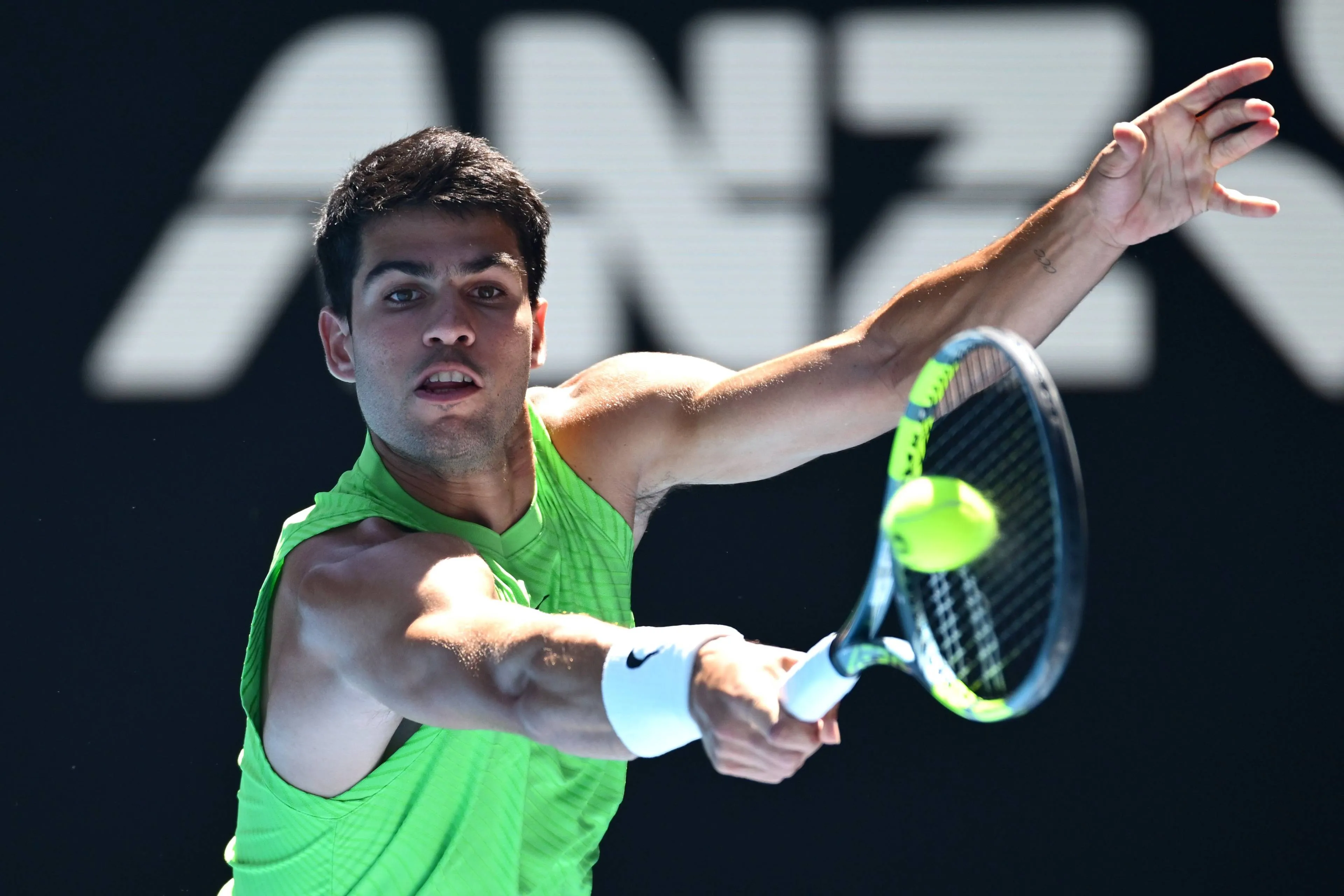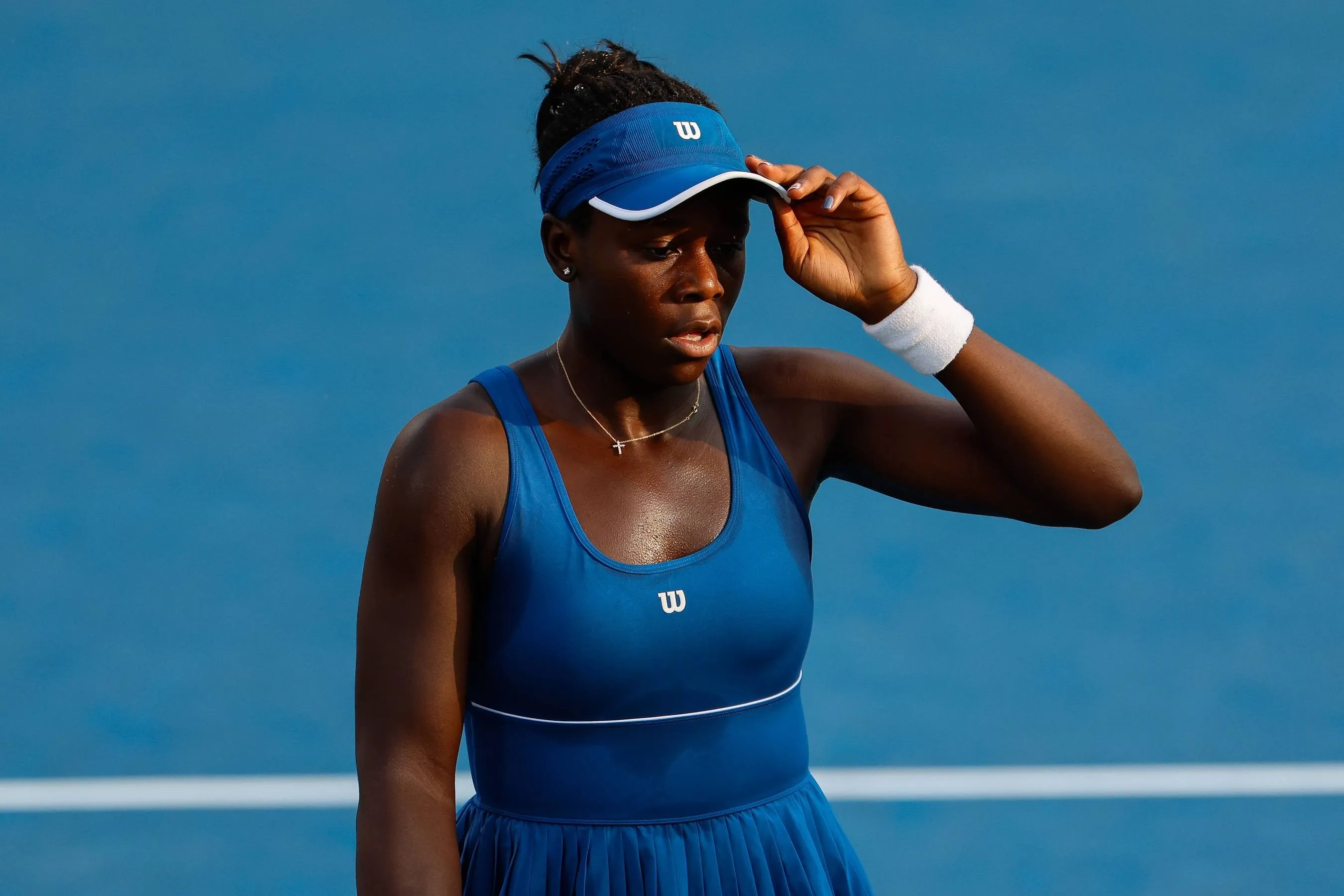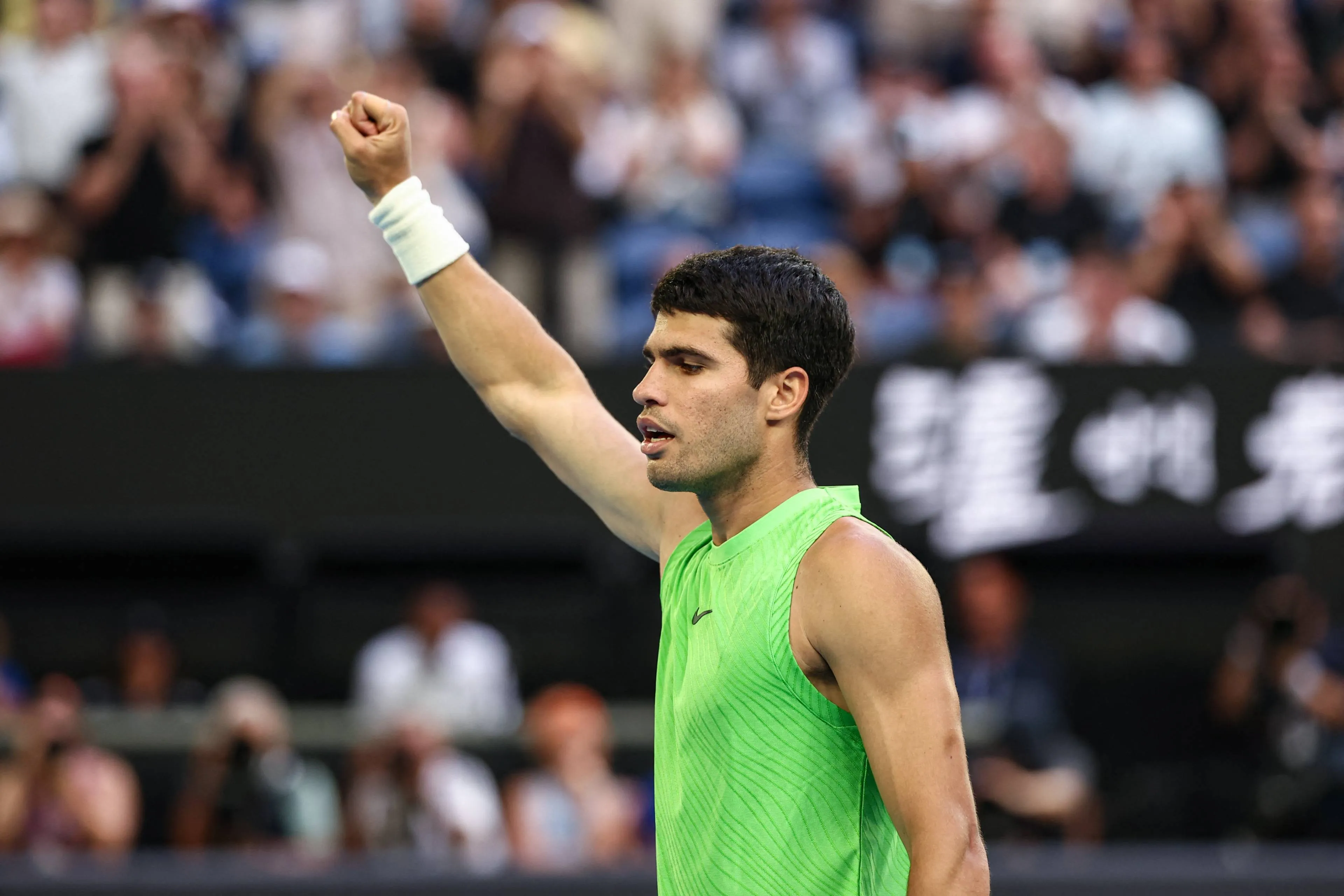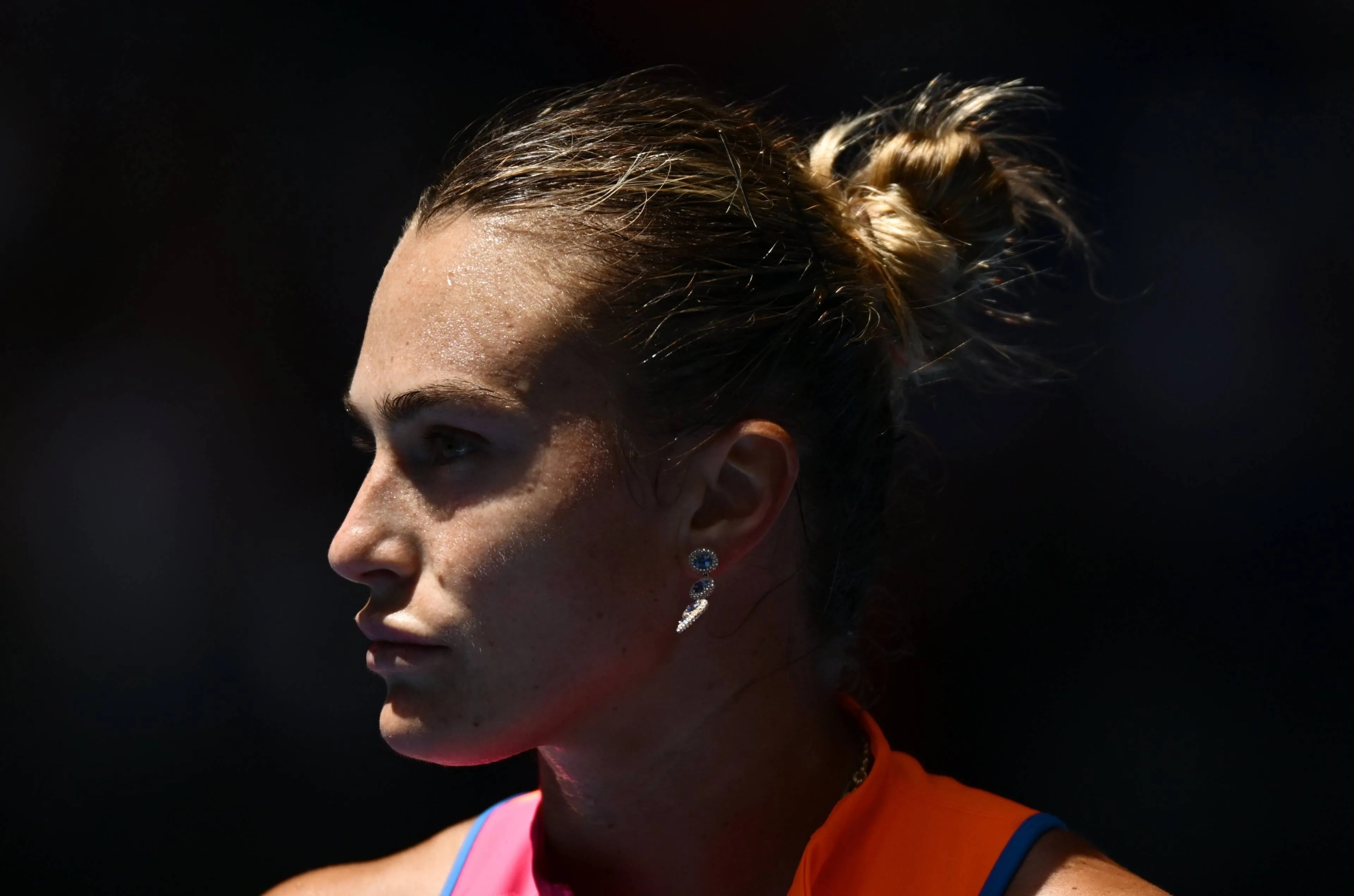ATP President Denies Preferential Treatment For Jannik Sinner Due To Nationality
NewsFriday, 10 January 2025 at 13:00
Updated at Sunday, 10 August 2025 at 12:51
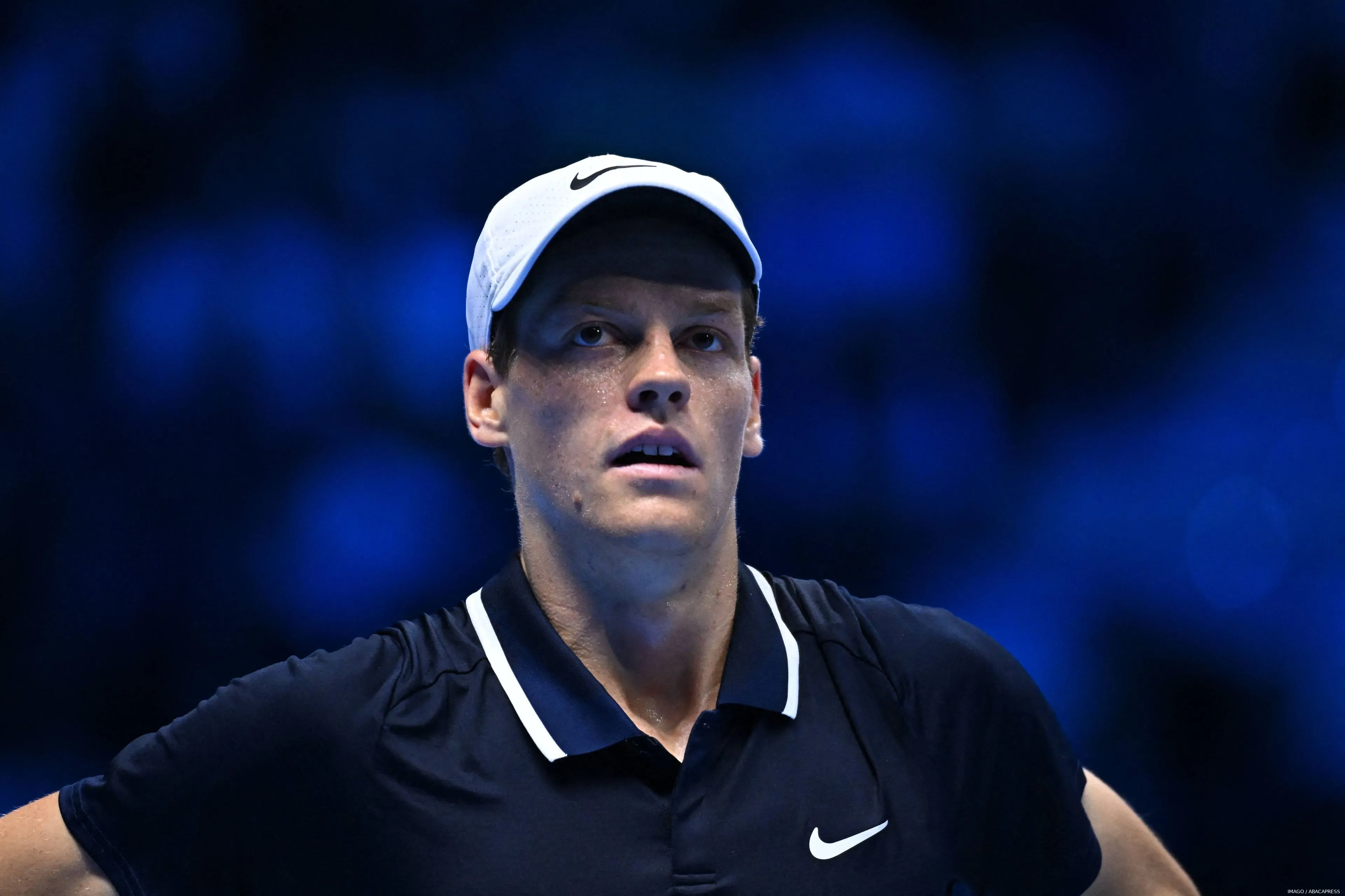
ATP president Andrea Gaudenzi made some fascinating remarks about Jannik Sinner's doping case. He believes the Italian did not receive preferential treatment and thinks tennis could manage if he received a lengthy suspension.
Uncertainty remains in Sinner's case. He was left shocked after testing twice testing positive for the banned substance clostebol at March's Indian Wells Open. The Italian experienced a moment of complete darkness afterward.
One source of relief for Sinner was the case not being made public during the investigation because he swiftly found where the contamination occurred. The 23-year-old claimed that his physiotherapist accidentally contaminated him after using a spray he did not realize contained clostebol.
Sinner was initially cleared of wrongdoing after a five-month investigation by the International Tennis Integrity Agency (ITIA). However, his points and prize money from the Indian Wells Open were suspended.
The World Anti-Doping Agency disagreed with the ITIA's verdict and appealed the case to the Court of Arbitration for Sport (CAS). A ruling will be reached sometime in 2024, but the exact date is currently unknown.
Reactions to Sinner's cases have varied. Many have defended the world No. 1, but others have sharply criticized him and the situation's handling. Nick Kyrgios called his and Iga Swiatek's cases disgusting for tennis and has implied Sinner took the clostebol deliberately.
Gaudenzi discussed Sinner's case during an in-depth interview with AAP. The ATP president, who is Italian, hit out at conspiracies about Sinner being given preferable treatment because he and the two-time Major winner are from the same country.
"It’s a very popular thing to say – he’s No.1 in the world, obviously he’s Italian and I’m Italian. People sometimes confuse the outcome of a specific case versus the process. I think that’s where the problem is."
"The process is identical – he hasn’t been treated differently. But every case is different, every circumstance is different. Sometimes a player might appeal a suspension and might not get the appeal. Sometimes they do, and it depends on the evidence and it depends on the expert opinion and it depends on the substance."
Read also
Gaudenzi also mentioned that he did not find out about Sinner's case until two days before it became public to illustrate further there was no preferential treatment and the process is independent.
"I am 100 per cent sure that there has not been any preferential treatment. The process has been run by the book and according to the rules, by the ITIA. I’m extremely pleased that the ITIA is now in place, which wasn’t the case, for example, in the ’90s when I was playing. It was the responsibility of the ATP or the WTA to manage the tennis anti-doping program."
"I found out two days before the announcement from the ITA – the way it should have been. I initially was a bit shocked. (But) it is completely independent and they obviously went to an independent panel."
It has been estimated that Sinner would be banned for between one and two years if found guilty by CAS. While he acknowledged that would be a blow, Gaudenzi thinks the ATP and tennis could survive that setback.
"Obviously, it’s not good for the sport and it would be a shame. But we will have to live with it and justice will do its course. If that is the case, I think he’ll survive and I think we’ll survive. Overall, tennis is a very strong product."
"When I started, I was in the age of ‘OK, you’re going to have an issue because Rafa (Nadal) or Roger (Federer) or Novak (Djokovic) are retiring and there’s a new generation’. And I’ve lived through the whole Agassi and Sampras, ‘when they retire it’s going to be a disaster’ type of thing."
Read also
Loading

